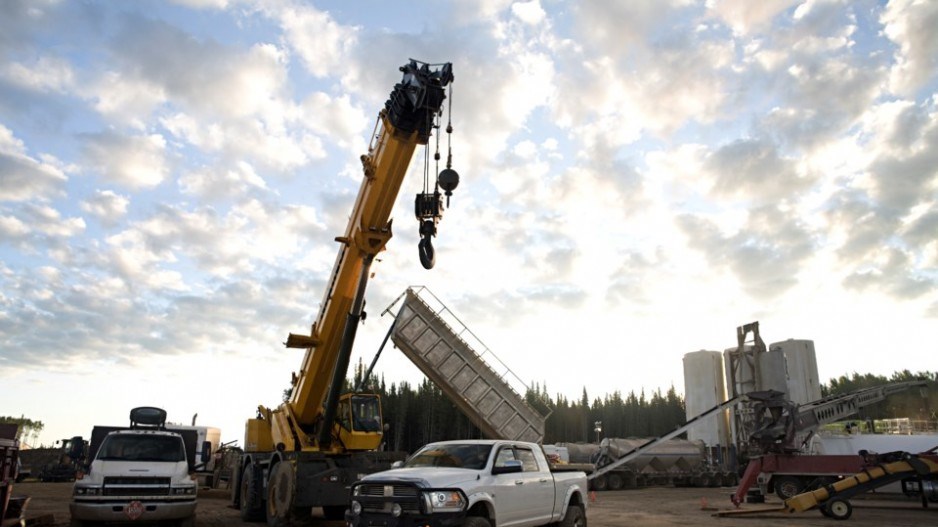The rapid rise in the Bank of Canada’s policy rate slammed the brakes on commercial real estate investment activity in 2022’s second half, but better times await in 2023.
Quarterly deal volume reached an all-time high of $21 billion in 2022’s first quarter, according to a report JLL released Nov. 28. But volume has fallen steadily since, dropping to just $11.2 billion in the third quarter. Deal activity was on track to fall by half in the final quarter of the year.
CBRE Ltd. is calling for $56.1 billion in transactions this year, down about five per cent from last year’s peak of $59.1 billion. Vancouver – the epicentre of investment activity in B.C. – will see about $13 billion worth of transactions.
During a lending and investment market update on Nov. 28, Peter Senst, president of CBRE’s national investment team, was optimistic about the outlook.
“We’re still trading with reasonable velocity. The size and significance of the deals that we’re doing in Canada, particularly in the second half of the year, will be the biggest in the world,” Senst said during the online presentation.
With inflation easing, he believes rate hikes are nearing an end.
“Cost of financing we think will ultimately moderate through 2023 going into 2024, which is great,” he said.
This will give investors the confidence to begin investing here again, with industrial on track to benefit the most. Deal activity will be led by industrial, which has knocked commercial assets – office and retail – out of the top spot as institutional investors and lenders rejig their exposure.
“This reflects the re-weighting that’s going on in balance sheets and portfolios,” Senst said.
Vancouver is particularly well placed, with development constraints and low vacancies pushing rents to $20.67 a square foot. Growth is set to continue as companies seek space in an extremely competitive and constrained market.
“It’s not going to be an overbuilt market,” he said.
The optimism reinforces the findings of the recent Emerging Trends in Real Estate report, produced annually by the Urban Land Institute in partnership with accounting firm PricewaterhouseCoopers LLC.
“While some interviewees said that they were watching for signs of a slowdown in Vancouver’s industrial market and the impacts of rising interest rates, others emphasized that land scarcity makes this asset class a best bet,” the report stated.
It gives the highest marks to Vancouver, which leads the country in almost every measure except with respect to capital availability and the number of opportunities for development.
“Vancouver continues to be the top market to watch for both its investment and development prospects,” the report stated.
On the office side, the significance of the tech sector – a proxy for the city’s attractive lifestyle – was a key factor in its favour.
“Among the factors buoying the office market are a vibrant technology sector as well as a higher propensity for employees to return to the workplace in Vancouver and other cities in Western Canada,” the report stated.
While the current office development cycle is over as lenders hit pause on financing new projects, CBRE noted that Vancouver is well positioned to navigate the challenges thanks to a market where the inventory of space is balanced between downtown and suburban locations.
This makes it easier for workers to meet in person and helps shorten commute times, which CBRE described as “the last compelling reason why people are not returning to the office.” ■




